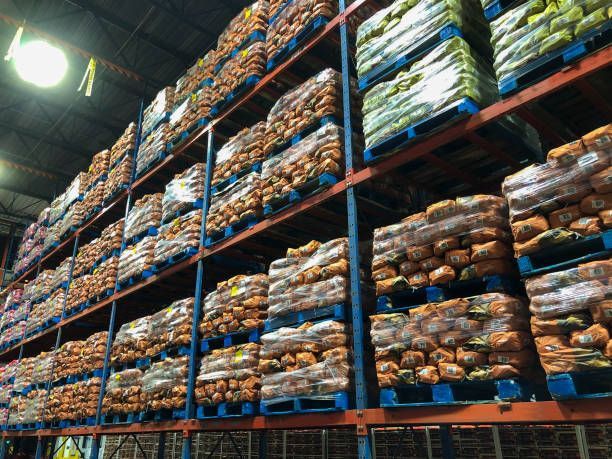We are your go-to resource for insights, updates, and expert advice on freight transportation management and customs brokerage. Here, we share the latest industry trends, best practices, and innovative solutions to help your business navigate the complexities of global logistics. Whether you’re looking for tips to optimize your supply chain, updates on international trade regulations, or success stories from businesses like yours, our blog is designed to keep you informed and empowered. Join us on this journey to excellence in logistics and discover how Magnetic Precision can help your business thrive in the global marketplace.
Blog
Magnetic Precision Logistics LLC DBA Magnetic Precision I MPL Customs Brokerage | MPL Freight Brokerage
Contact Details
Phone: (877) 623-1811
Email: inquiries@magneticprecision.com
Corporate Address:
7047 E Greenway Parkway, Suite 250 Scottsdale, AZ 85254
Location 2:
700 N. St. Mary's Street, Suite 1400, San Antonio, TX 78205
Content, including images, displayed on this website is protected by copyright laws. Downloading, republication, retransmission or reproduction of content on this website is strictly prohibited. Terms of Use
| Privacy Policy










